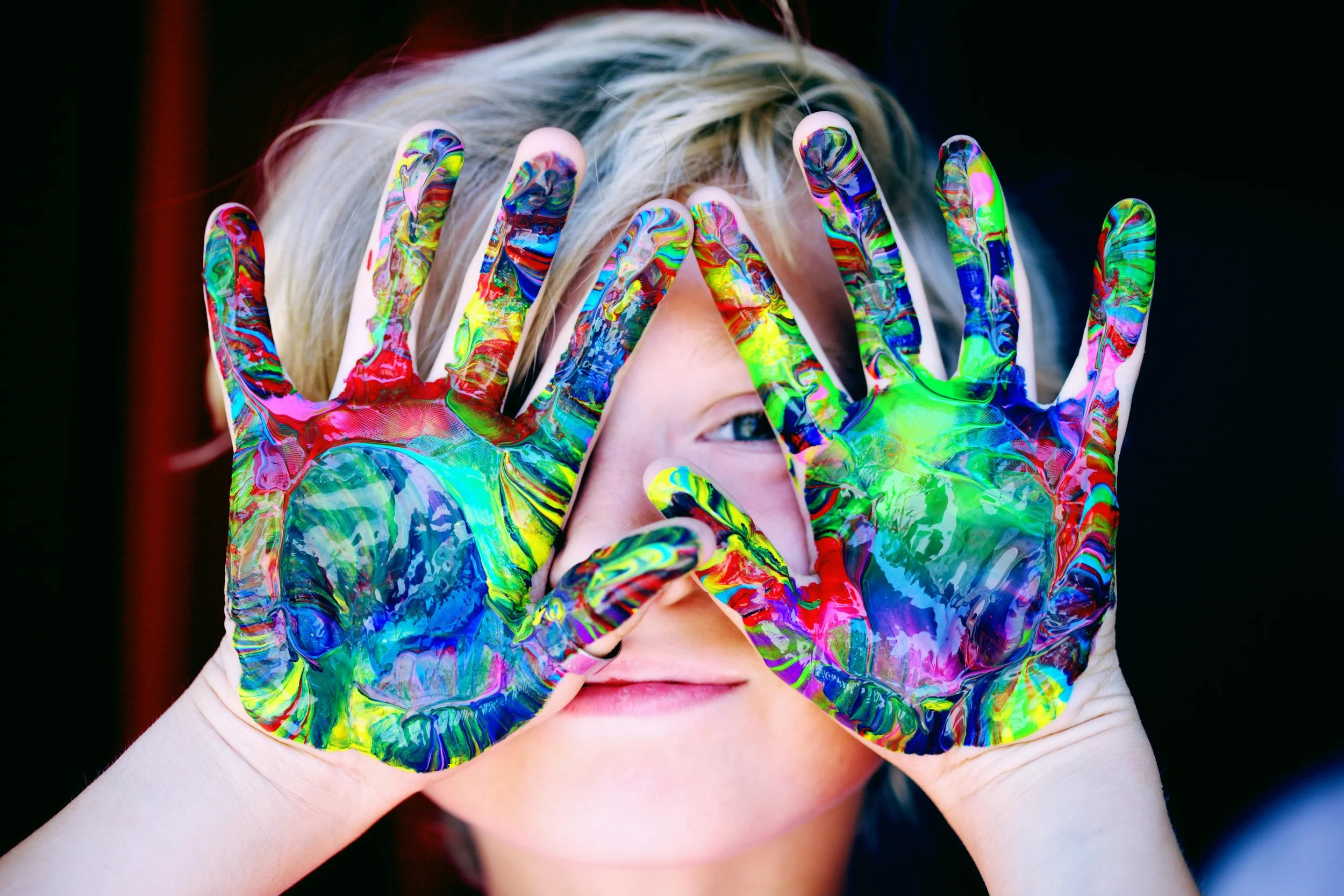The Magic of Not Knowing: Why Being a Beginner Never Gets Old
Opening windows for learning
“At last, after our long journey, we have reached the beginning.” – Brian Herbert
Picture this: A Grade 8 student sits at the piano for their first lesson, fingers hovering over the keys. Across the hall, a JK student picks up their first crayon to draw a house. In the staff room, a teacher opens a book about a new method they’ve never tried.
What do they have in common? They’re all beginners. And that’s where the magic happens.
What Is a Beginner’s Mind?
The beginner’s mind is a mindset of openness, eagerness, and freedom from preconceptions. It’s like hitting a mental reset button—letting go of what you think you know to make room for fresh perspectives, deeper understanding, and new possibilities.
Think of a kindergarten student finger painting. They don’t worry about the “perfect” picture or the “right” technique. They dive in with pure curiosity, ready to see what happens when yellow meets blue. That’s the beginner’s mind—and it’s available to all of us.
The beginner’s mind rests on four foundations:
Openness: being receptive to ideas that challenge what we believe. A Grade 5 student who “hates math” discovers geometry feels like puzzles. An adult who’s “not artistic” signs up for pottery anyway.
Eagerness: the spark of curiosity that asks, “What happens if…?” When Grade 2 students wonder why leaves change color, their excitement fuels a journey through science.
Lack of preconceptions: setting aside “That’s not how we do it” or “I already know this.” A teacher who’s taught fractions for ten years and approaches them as if for the first time often finds new paths to understanding.
Fresh eyes: seeing the familiar anew. Even a bedtime story becomes an adventure when we notice missed details or ask different questions.
Why the Beginner’s Mind Matters
When we drop assumptions about how things “should” be done, new ideas emerge. The beginner’s mind deepens understanding. Starting with fewer assumptions reveals insights we missed before. A Grade 7 student rereads a novel from Grade 5 and discovers layers once invisible—same story, more experience, renewed curiosity.
Most importantly, it opens possibilities. An “expert” mindset can overlook solutions. When our JK students were asked to build the tallest tower, they used blocks, books, chairs—even shoes. Without rules about “proper” materials, they found wonderfully creative answers.
It also dissolves boredom. Approaching routine tasks with curiosity makes them engaging. The walk to school becomes a chance to spot new flowers, count birds, or study cloud shapes. The ordinary turns extraordinary.
How We Nurture the Beginner’s Mind at Our School
At Walden, admitting you don’t know isn’t a weakness—it’s the first step toward learning. We teach students that “I don’t know… yet” opens the door to growth.
Our teachers pose questions with no single right answer: “What if gravity worked differently?” “What if this story ended another way?” Such prompts keep minds flexible, encouraging exploration without the pressure of being “correct.”
We model fresh starts. Teachers approach familiar lessons with new enthusiasm, try different methods, and share their own moments of discovery. When a teacher wonders aloud, “What if we tried this differently today?” students see that learning never stops.
Each morning brings a new beginning. Yesterday’s math becomes today’s building block. Last week’s experiment sparks this week’s questions. Every day is a chance to notice what we missed and approach challenges from a new angle.
Start where you are, let go of what you “know,” and watch what becomes possible when you begin again—today.



